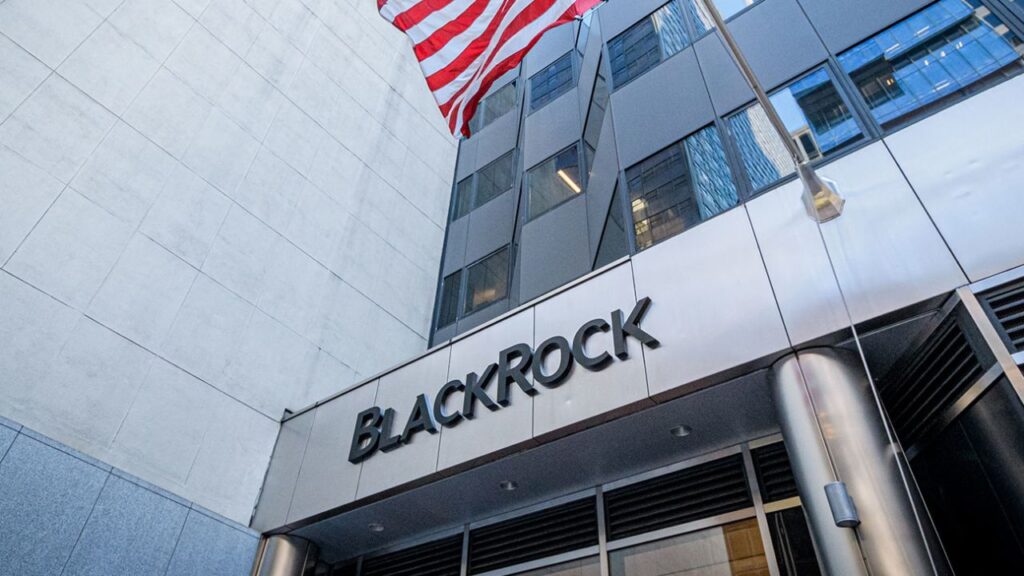Jason Lowery, a member of the United States Space Force, has called for a formal investigation into the use of proof-of-work (PoW) networks, such as Bitcoin (BTC), to enhance the country’s cybersecurity defenses.
In a letter addressed to the U.S. Defense Innovation Board on December 2nd, Lowery emphasized that Bitcoin, often perceived as a monetary system, possesses the capability to secure various forms of data and communication, thereby contributing significantly to national security.
The Defense Innovation Board, an independent advisory body, focuses on bringing Silicon Valley’s technological innovations and best practices to the U.S.
Military. Lowery’s letter urges the board to advise the Secretary of Defense to assess the “national strategic importance” of PoW systems like Bitcoin.
Lowery argues that PoW systems, like Bitcoin, can act as a deterrent against cyberattacks due to their resource-intensive nature, imposing steep costs on potential adversaries.
He draws parallels between PoW and physical security strategies employed in land, sea, air, and space domains, emphasizing the digital dimension in which PoW operates.
Highlighting the immense potential of Bitcoin in the realm of cybersecurity, Lowery contends that leveraging this technology is crucial for the United States to maintain its position as a global superpower, particularly in an era marked by digital interconnectedness and security vulnerabilities.
READ MORE: KyberSwap’s Treasury Grants: A Decentralized Response to $48.8 Million Security Breach
He suggests that this could mark the beginning of a “cybersecurity revolution,” utilizing the global electric power grid as a “macrochip” to safeguard data and messages traversing the internet.
Lowery concludes by underscoring the alignment of Bitcoin’s cybersecurity applications with a strategic offset, expressing concern that the U.S. Department of Defense may have lost valuable time by not incorporating it into its arsenal.
Additionally, Coinbase CEO Brian Armstrong has weighed in on the role of Bitcoin and cryptocurrencies in preserving the United States’ dominance with the U.S. dollar.
Armstrong suggests that Bitcoin can complement the dollar, serving as a natural check and balance.
He points out that as world leaders grapple with issues like inflation and increased deficit spending, cryptocurrencies could emerge as an alternative currency, particularly if the U.S. dollar were to lose its dominance.
Armstrong believes that cryptocurrencies like Bitcoin offer a viable alternative, and people may shift from fiat currencies to cryptocurrencies as a hedge against inflation.
Furthermore, Armstrong highlights the importance of U.S. dollar-backed stablecoins, such as USD Coin (USDC), and the emergence of flat coins in bridging the gap between traditional finance and the cryptocurrency world, ultimately contributing to a more unified financial landscape.










